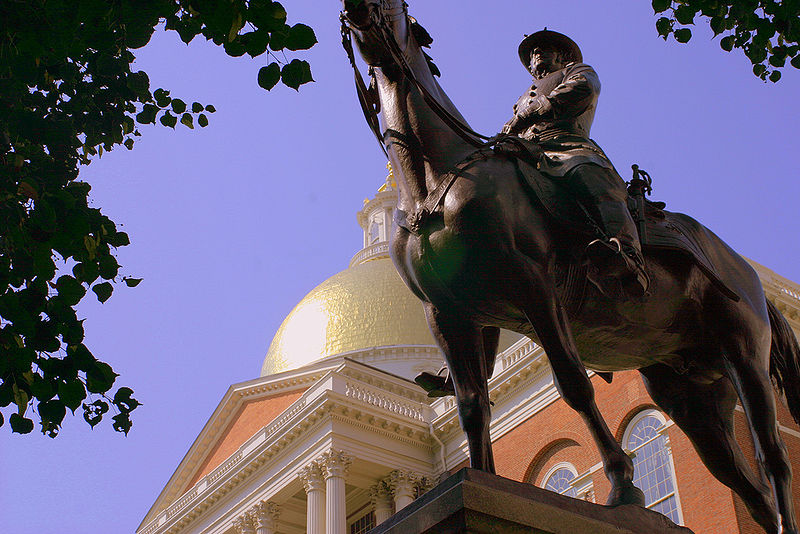By Mina Corpuz
Boston University Statehouse Program
A version of this article was also published in the Lowell Sun.
BOSTON — The Lowell Statehouse delegation is pushing a petition to lift restrictions on land where the city is looking to build a brand new high school near Cawley Memorial Stadium.
Article 97, an amendment to the state Constitution passed in 1972, conserves natural, scenic and historic public land across the state.
The amendment prevents development on the site in the city’s Belvidere section. To free up the land, the City Council filed a home-rule petition and sent it to Beacon Hill. That petition was filed as a bill and is making its way through the House.
“The legislative delegation of the four of us try to do this as quickly as possible, which we are doing,” said Rep. David Nangle, who filed the bill. “I can tell you that some other home-rule petitions, not ours, but others areas in the state, don’t move as (quickly) as (ours is) in the House.”
The bill was referred to the Legislature’s Committee on Municipalities and Regional Government.
Nangle said he spoke with House Chairman Jim O’Day, D-West Boylston, to poll members without a hearing to move the bill along. Typically, there is a hearing to invite experts and members of the public to testify and learn more about the bill before the committee reports on it.
That legislation is expected to go to the House Committee on Steering, Policy and Scheduling, Nangle said. The bill would need to go to the floor for a second reading and then a third reading before it gets to the Senate, he said.
Lowell High School opened in 1826 in downtown, according to the Massachusetts School Building Authority. Its last renovation was in 1996.
The Cawley site is one of four options the City Council sent to the MSBA, said Mayor Ed Kennedy. One option would build a new school at the existing site and the other two call for renovations. The building authority would reimburse the city for a portion of the project.
The Council plans to vote on a project for the school in June and have it ready for the MSBA’s August meeting, but more information about whether the Cawley site is a viable option is needed, Kennedy said.
Moving the school to near the Tewksbury line would cost between $330 million and $350 million, Kennedy said. It’s the most expensive choice and over the budget the City Council anticipated, he said.
The Executive Office of Energy and Environmental Affairs is the agency that conserves land under Article 97. The agency would require the city to replace the fields that would be lost in the development process.
“Everything hinges on the EEA approving the replication plan,” said Sen. Eileen Donoghue. “That’s really the linchpin.”
Without it, the bill can’t come to a final vote in the Legislature, she said.
Kennedy voted no when the City Council filed the April home-rule petition. He said a plan to replace fields lost in development was not clear.
“At that point of the vote, there was no land in place for the replacement fields,” Kennedy said. “My understanding is that’s something that the city is still trying to resolve, but it hasn’t been resolved to that point.”
It’s taken about three years to secure funding for the new school, Donoghue said. The delegation has advocated and pushed for the project with the MSBA, she said.
The project has been in the feasibility study period since 2015, according to the MSBA. About $2 million is budgeted to consider sites for the school.
Nangle said he is hopeful that the bill will get to the Senate and later the governor’s desk.
“That will be a pleasure when we get it to the administration to go to Governor Baker and ask him to sign it as soon as possible because it is time sensitive for the city,” he said.








